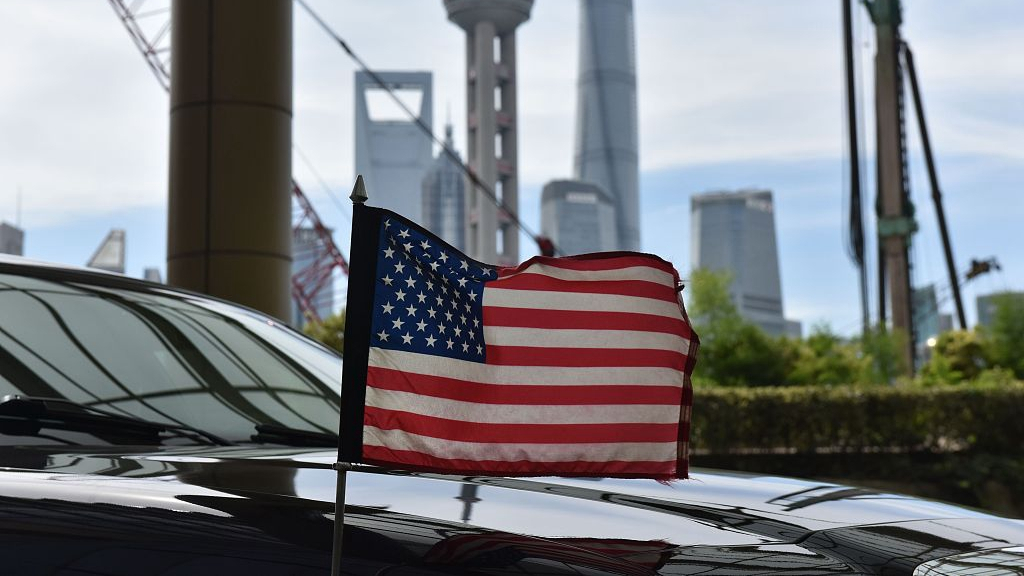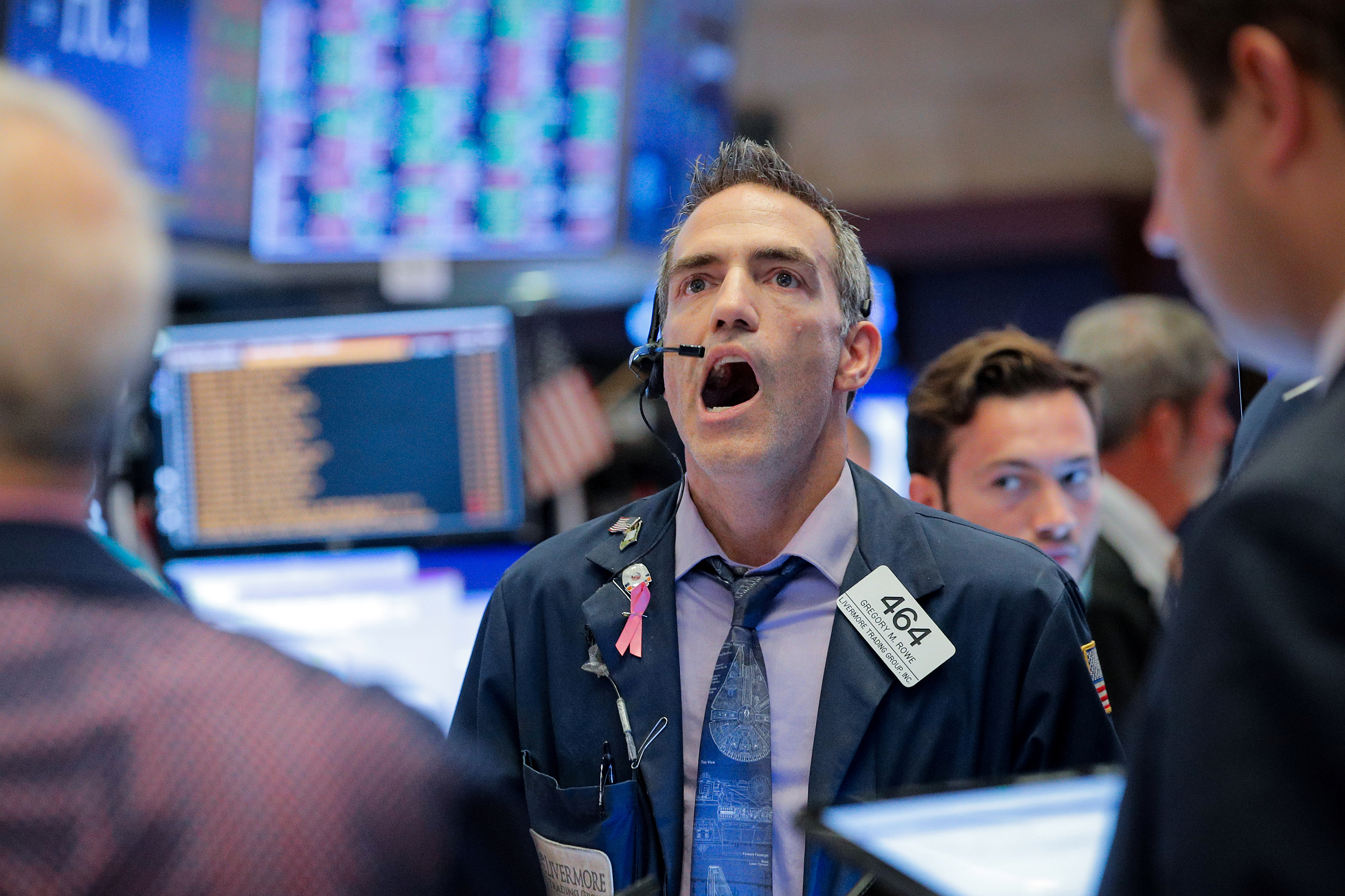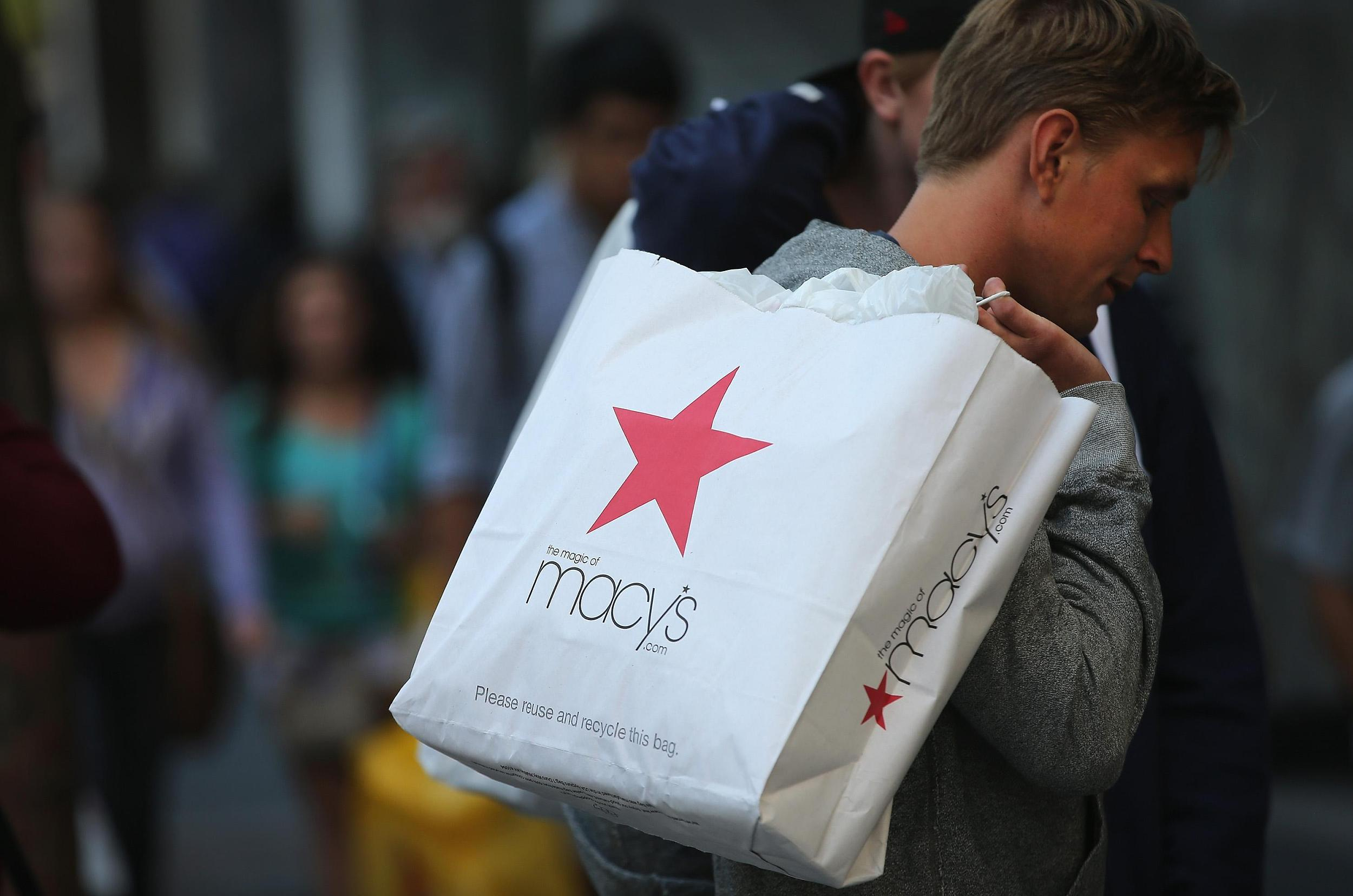

U.S. President Donald Trump on Thursday said he would impose an additional 10 percent tariff on 300 billion dollars' worth of Chinese imports starting September 1.
Read more: China, U.S. discuss 'past' and 'future' of trade talks
"Trade talks are continuing, and during the talks the U.S. will start, on September 1st, putting a small additional Tariff of 10 percent on the remaining 300 Billion Dollars of goods and products coming from China into our Country. This does not include the 250 Billion Dollars already Tariffed at 25%," tweeted Trump.

“Imposing tariffs is absolutely not constructive way for the U.S. and China to resolve trade dispute,” said Chinese State Councilor and Foreign Minister Wang Yi, who made the remarks on Thursday in Bangkok following Trump’s announcement.
The U.S.-China Business Council (USCBC) also said that Trump’s decision will not facilitate an agreement, but lead to more difficulties.
Read more: The trade war cannot end through coercion
Wall Street dragged down
The news hit U.S. financial markets hard. On Wall Street, the Dow Jones share index fell sharply, tumbling about one percent.
The CBOE Volatility Index, a gauge of investor anxiety, shot to its highest reading since June 4.
Oil prices plummeted 7 percent, with Brent crude registering the biggest daily percentage drop since February 2016. The benchmark S&P 500, which had been in solidly positive territory on Thursday afternoon, closed down 0.9 percent. Benchmark U.S. Treasury yields also fell.
Retail associations predicted a spike in consumer prices. Target Corp tumbled 4.2 percent, Macy's Inc fell 6 percent and Nordstrom Inc was down 6.2 percent.

VCG Photo
U.S. retailers: Additional tariffs will raise prices further, hurt jobs
Additional tariffs will hurt consumer purchases, raise prices further and limit hiring, four large retail trade groups warned Thursday.
The National Retail Federation, which counts Walmart Inc and Amazon.com Inc among its members, called the decision to impose new tariffs a flawed strategy that will hurt American consumers.
"We are disappointed the administration is doubling-down on a flawed tariff strategy that is already slowing U.S. economic growth, creating uncertainty and discouraging investment," Senior Vice President for Government Relations David French said in a statement.
The Retail Industry Leaders Association, another influential trade lobby, which counts retailers like Walmart, Target Corp and Home Depot among its members, said the tariffs will raise prices for everyday items like clothing, toys, home goods and electronics.
"This new 10 percent tariff is a direct hit on consumer products and family budgets... American families shouldn't be a pawn in this trade war," said RILA’s Vice President of International Trade Hun Quach in a statement.
The White House's Economic Report of the President released in March has also acknowledged that any benefit from the tariffs is offset by "costs paid by consumers in the form of higher prices and reduced consumption."
Read more: From $1 to iPhone, Dollar Tree and Apple press U.S. to drop China tariff
The office of the U.S. Trade Representative did not have an immediate comment on the retailers' protests.

VCG Photo
American families as 'hostage' in Trump's trade war negotiations
Other trade groups like the Footwear Distributors and Retailers of America said the tariffs could have a chilling effect on hiring.
"President Trump is, in effect, using American families as a hostage in his trade war negotiations," said the group's president Matt Priest.
Stephen Lamar, executive vice president of the American Apparel & Footwear Association, told Reuters the tariffs would be "hugely disruptive." He said that the group's members were shocked and surprised that Trump had not allowed resumed U.S.-China trade talks to proceed before threatening additional tariffs.
The measure will hit U.S. consumers far harder than Chinese manufacturers, who produce 42 percent of apparel and 69 percent of footwear purchased in the United States, Lamar said.
Walmart, the world's largest retailer, in May said prices for shoppers will rise due to higher tariffs on goods from China. The company said it will seek to ease the pain, in part by trying to obtain products from different countries and working with suppliers.
Shanghai talks
The 12th round of economic and trade consultations between China and the U.S. was held in Shanghai on Tuesday and Wednesday; it was decided that the negotiations will continue in the U.S. in September.
Before the next round, both sides will conduct intensive discussions in August in preparation of the September negotiations.
(With input from Reuters)

Copyright © 2018 CGTN. Beijing ICP prepared NO.16065310-3
Copyright © 2018 CGTN. Beijing ICP prepared NO.16065310-3